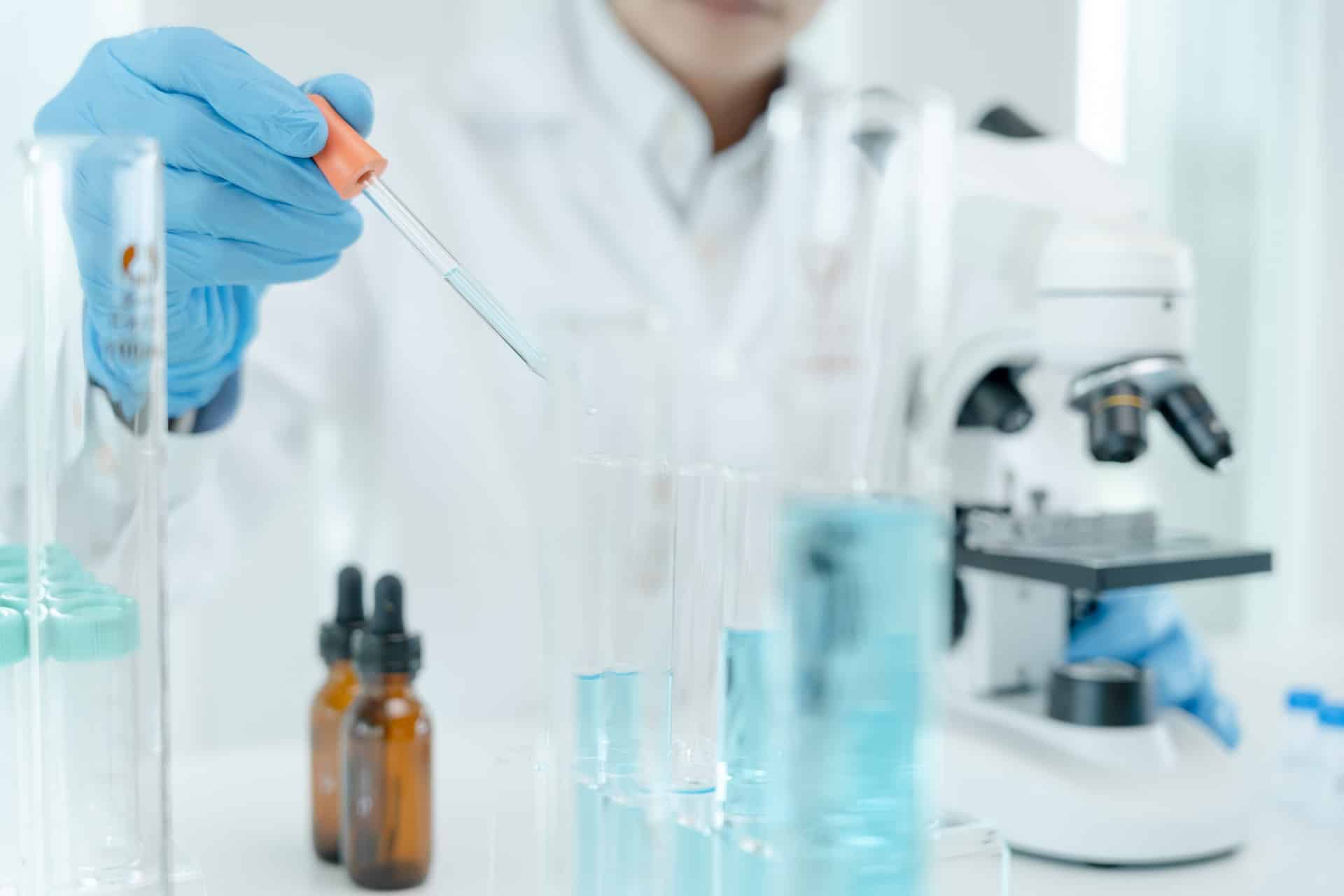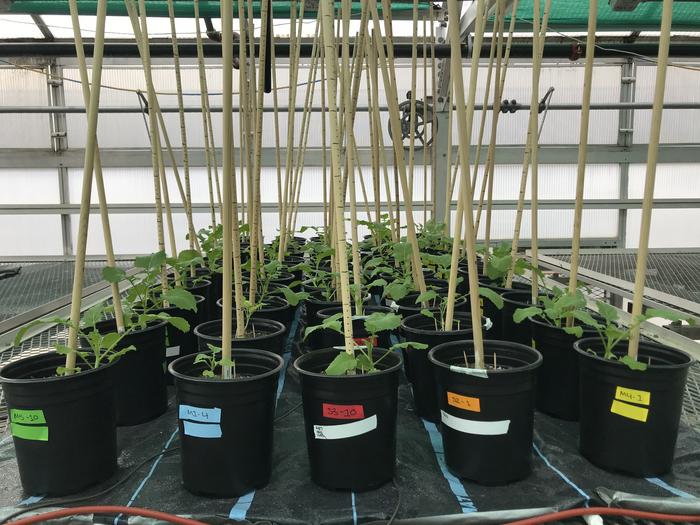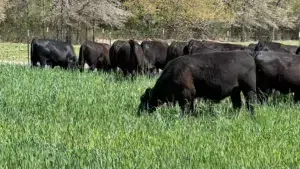Research from two biologists can be used to potentially produce compounds that are critical for infant milk, vaccines, and cancer treatment according to a release. The University of Colorado (UC) Boulder biologists turned soybeans into chemical factories by using a platform they developed. The platform infuses genetic instructions into the soybeans.
Compounds needed in pharmaceuticals are usually found in living plants and animals. With living beings becoming more endangered a more sustainable method for finding or making these compounds was crucial. These compounds will be made directly from plants unlike other options who feed plants to bacteria and yeast to make the chemicals.
Due to the efficiency of soybeans, the biologists opted to utilize them for their research. The plant turns energy from the sun into proteins and fats while also restoring the nitrogen in the soil. Soybeans are also relatively cheap and accessible making them a good option for research. The biologists combine their platform with a genetic code from a yew tree sample, received from a commercial vendor. The biologists infused the soybean plants with genetic instructions and created the anti-cancer drug paclitaxel. They called the process “making bean soup.”
The UC biologist are planning to scale their production of their first product which is bioengineered milk protein within this year.
For more information: UC Boulder
Related Articles:
FMC Announced Support of Ukrainian Farmers Through “Cultivating Freedom” Program












